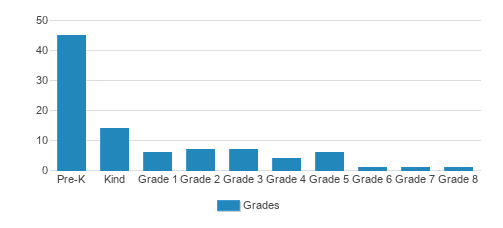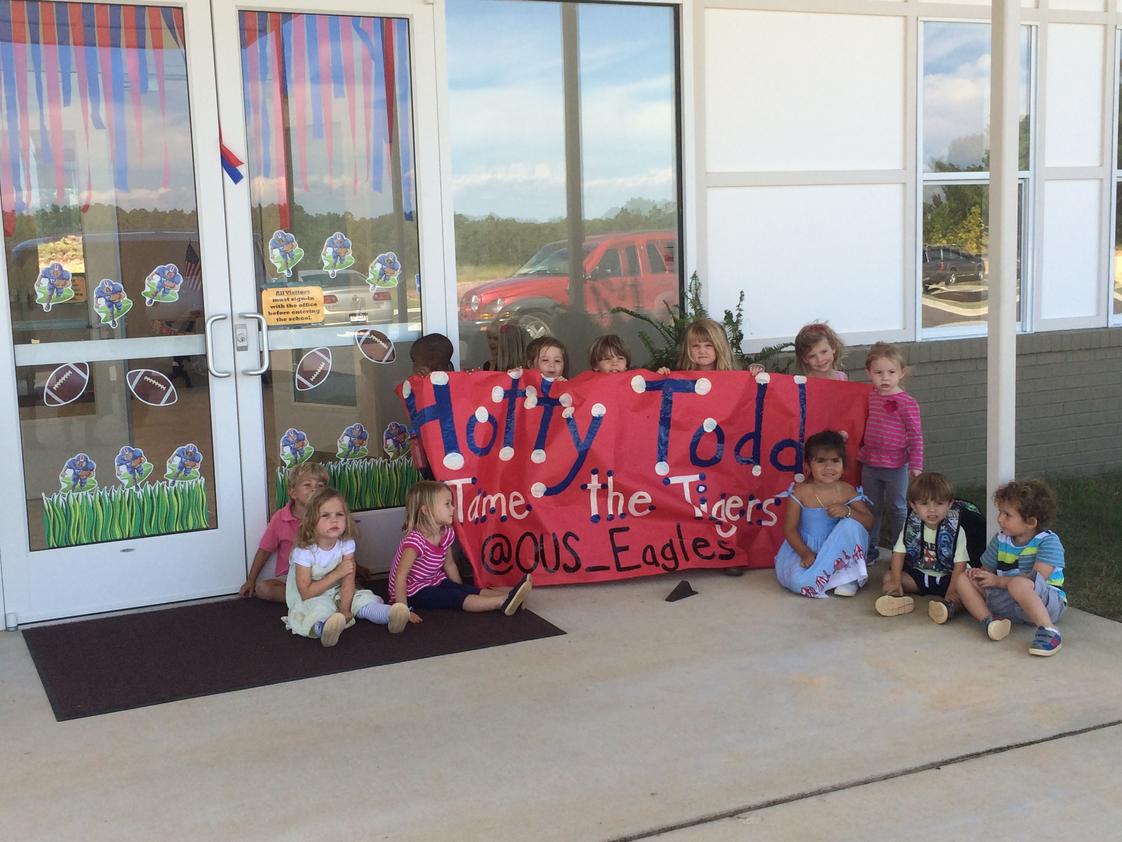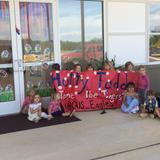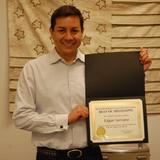Oxford University School is an independent school created to provide an enriched educational alternative for young children without regard to sex, race, religion, or national origin.
Oxford University School challenges each student's intellect, encourages independent thinking and cultivates individual talents. Our dedicated and experienced faculty fosters academic achievement, moral growth, and social responsibility. Within our community of learners, we value tradition, innovation, and enthusiasm for lifelong learning.
School Overview
Religious Affiliation
Grades Offered
Grades Prekindergarten-7
Year Founded
1984
Summer School Offered
Yes
Student Body
Total Students
75 students
Student Body Type
Co-ed
% Students of Color
11%
State avg.: 19%
Students by Grade

Academics and Faculty
Total Classroom Teachers
4 teachers
Student : Teacher Ratio
19:1
National avg.: 13:1
% Faculty w/Advanced Degree
67%
Average Class Size
8 students
Classroom Dress Code
Casual
Khaki pants and school polo or school dress for girls
Tuition and Acceptance Rate
Admission Deadline
None / Rolling
Yearly Tuition Cost
Tuition Notes
$7,000 for 3K, 4K & Kindergarten
$7,500 for 1st-8th grades
Admissions Director
Elizabeth Ritter
Extracurriculars
Total ExtracurricularsTotal Extra-curric.
5 extracurriculars
ExtracurricularsExtra-curric.
Club or Organization:
Art Club, Cheer Club, Chess Club
Arts and Music Programs:
Chorus, Drama Club
Art Club, Cheer Club, Chess Club
Arts and Music Programs:
Chorus, Drama Club
School Notes
Why Choose Oxford University School
In a nutshell: Small class size, experienced teachers, maximum recess periods, limited homework, measurable high academic achievement, and a caring, kind environment, which is intellectually stimulating and emotionally secure, make Oxford University School a fun school that your child actually wants to be part of.
- Small Class Sizes
- Student Achievement
- Experienced Faculty
- Limited Homework
- More Recess
- More Fun
- More Like Family
In a nutshell: Small class size, experienced teachers, maximum recess periods, limited homework, measurable high academic achievement, and a caring, kind environment, which is intellectually stimulating and emotionally secure, make Oxford University School a fun school that your child actually wants to be part of.
Source: Verified school update
Frequently Asked Questions
How much does Oxford University School cost?
Oxford University School's tuition is approximately $7,000 for private students.
When is the application deadline for Oxford University School?
The application deadline for Oxford University School is rolling (applications are reviewed as they are received year-round).
Recent Articles

A Parent's Guide To Understanding High School Teaching Methods
This comprehensive guide helps parents navigate the various teaching methods used in today's high school classrooms. By understanding these approaches, you'll be better equipped to support your teen's learning journey, communicate effectively with teachers, and create a complementary learning environment at home.

February 08, 2025
Social Emotional Learning: Education's Hidden SymphonyA musician's perspective on Social Emotional Learning reveals how this educational framework orchestrates success through five essential emotional competencies.

January 24, 2025
A Roadmap For Starting A Private SchoolUse this roadmap as a set of talking points with your trusted mentors and professionals to start the private school of your dreams. You're not alone. Over the years, hundreds of folks like you have had the same dream. From Quintilian to Maria Montessori to Lucy Madeira Wing, visionary educators have established schools to teach according to their beliefs and methodologies.























